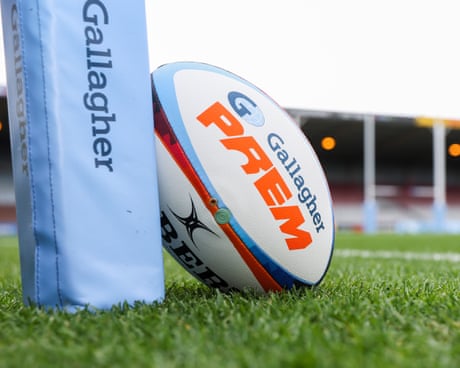
For the 19th time in tournament history, Canada and the United States will go head-to-head with a gold medal on the line at the 2021 IIHF Women’s World Championship in Calgary.
Tuesday’s matchup marks the first time since the 2018 Olympic Games that we get to see this legendary rivalry hit the ice for gold.
Here are five storylines to watch heading into the game:
Canada looking to halt America’s decade-long momentum
A Canadian victory means halting the Americans’ worlds gold streak at five. The last time Canada won gold was in 2012, and it’s been even longer since it won on home ice (2007).
Canada had the upper-hand early in the tournament’s history, winning eight straight golds between 1990 and 2004, but there’s been a notable momentum shift ever since as it’s had to watch Team USA claim nine of the last 11 championships. Many players on this roster are still reeling from missing the gold-medal game altogether in 2019 — the first time Canada did not appear in the championship final after losing to Finland in the semis. An American win will be its tenth gold overall, tying Canada’s all-time tournament record.
Looking at this year’s tournament, the momentum belongs to Canada. It closed out the preliminary round with a dominant 5-1 win over its southern foes (its first perfect 4-0 round-robin record since 2013) before barrelling through the quarter and semifinals with a pair of shutouts.
A rivalry driven by its depth
Typically, we see a team’s depth ultimately determine the difference between opponents. In this case, depth is what defines and unites these national programs — and what makes this cross-border rivalry so good.
Team Canada has seen 18 of its 22 skaters who’ve appeared in this tournament tally at least one point, while 14 have scored at least one goal. Meanwhile, all 21 American skaters have registered a point — including 13 different players with goals.
With a matchup like this one, it’s going to come down to chemistry…
Daoust’s dominance Canada’s biggest difference-maker
When Canada announced its top three players of the tournament following Monday night’s win over Switzerland, no one was surprised by the first name called: Melodie Daoust.
Daoust, 29, has been the most dominant player in Calgary this August, leading the tournament in goals (6), assists (6) and points (12). She’s got a point in all six of Canada’s games so far, and has four multi-point games.
The second name called for Canada’s top trio of the tournament? That was no surprise, either: Daoust’s linemate, fellow veteran Natalie Spooner. She, too, has been a revelation at these worlds, her best attributes — fast, physical, tough to play against — represent exactly what this edition of Team Canada has been harnessing at this tournament. Spooner’s four goals and nine points — including her 100th career point with the national team — at these worlds have her sitting second in tournament scoring.
Youth surge in the works
Daoust and Spooner’s linemate may not be as prevalent on the stat sheet this year, but it’s clear that Canada has a bona fide star in Sarah Fillier.
Fillier, 21, models her game after captain Marie-Philip Poulin’s — and it shows in her do-it-all skillset and elite hockey IQ. It’s those qualities that have made her the perfect linemate for the duo of Daoust and Spooner at these worlds, and the likely next leader of Canadian women’s hockey on the world stage.
Back in 2019, Poulin herself shared her thoughts on the young then-up-and-comer with Sportsnet‘s Kristina Rutherford:
“Sarah is amazing,” Poulin said. “She’s so fast, she’s so poised with the puck, honestly. Sarah is going to be the future, for sure.”
Well, the future has arrived.
Fillier is far from the only first-year player making her impact in Calgary — both Canada and the U.S. are seeing a bit of a youth surge happening. In fact, between the two teams, there are a combined 18 players making their first worlds appearances. State-side, it’s third-liner Grace Zumwinkle who’s making waves. Her four goals and point-per-game scoring pace has her tied with Hilary Knight for the team’s scoring lead.
This rivalry is in very capable hands.
History tells us to expect overtime
Thursday’s preliminary-round meeting between these two Group A foes was a lopsided win for Canada, but that’s no indication that Tuesday will boast more of the same.
Of their last six gold-medal meetings at the worlds, four have required extra time to settle the score. Buckle up!




